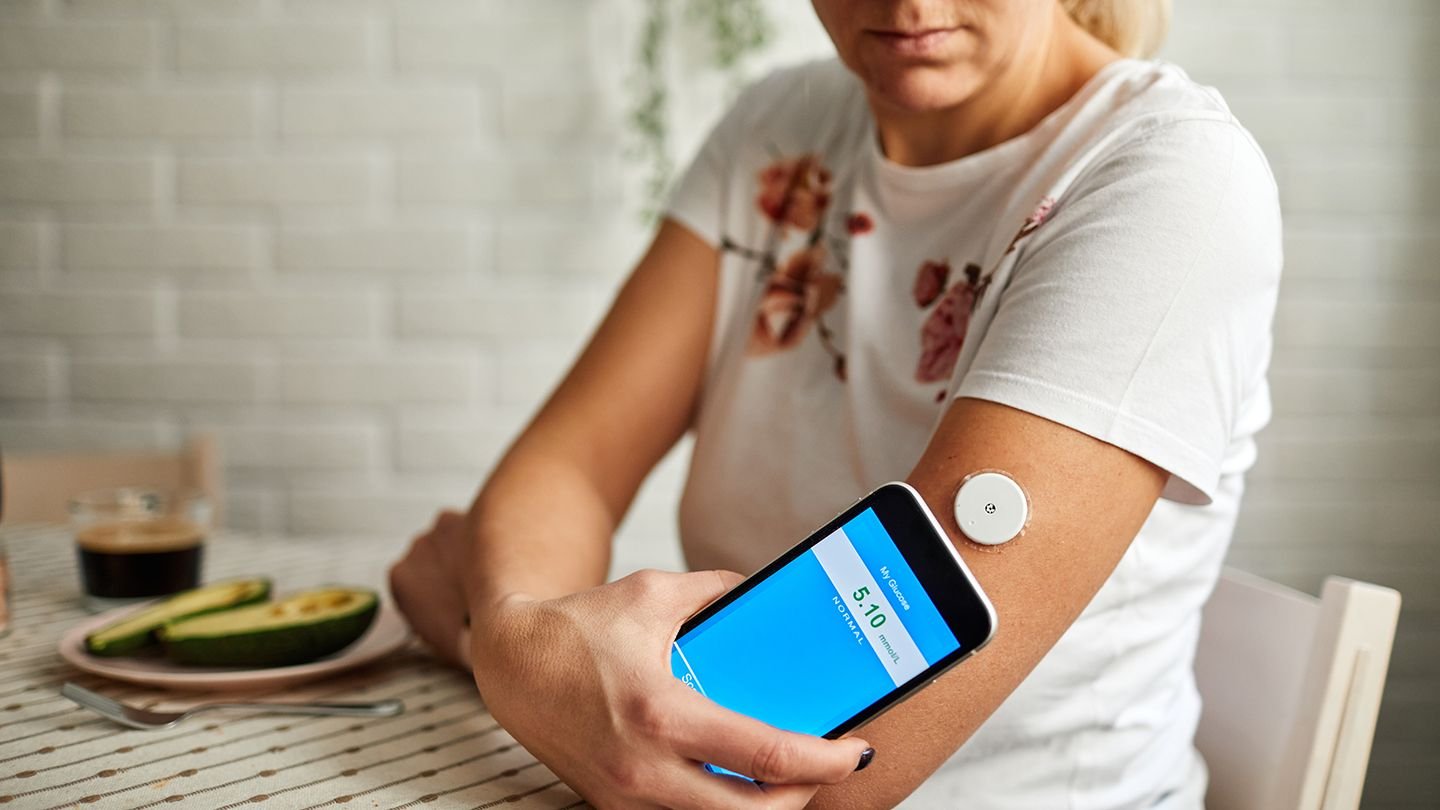
Medtronic plc. , a global leader in healthcare technology, shared a robust set of new clinical and real-world evidence on the MiniMed™ 780G system from around the world including the largest set of data from early users in the United States. The data was presented at the 17th International Conference on Advanced Technologies and Treatments for Diabetes (ATTD) in Florence, Italy. These results build on the 3-year data published in Diabetes Technology & Therapeutics showing over 100,000 real-world users achieving a Time in Range (TIR) of 78% with the use of recommended optimal settings, outperforming international targets of 70% TIR.
New data sought to evaluate the MiniMed™ 780G system's ability to help users achieve Time in Tight Range (TITR) goals, a new and emerging supplementary metric being discussed amongst experts, which more closely mirrors the glucose levels of individuals without diabetes. Also referred to as normoglycemia or euglycemia, it is defined as the percentage of time a person spends in the glucose range of 70-140 mg/dL. TITR lowers the upper threshold of Time in Range from 180 mg/dL to 140 mg/dL. Results showed users (n=13,461) achieved a TITR of greater than 56% with the use of recommended optimal settings (100 mg/dL set target with an active insulin time of 2 hours). This data adds to a growing body of evidence that a TITR goal of 50% or greater is a reasonably achievable goal with the right therapeutic option.
"Since the landmark DCCT study, numerous retrospective studies have demonstrated the association between increased Time in Range and a reduction of diabetic complications.1-12 There's no doubt elevated glucose is harmful and the average blood sugars of those living with type 1 diabetes are higher than we should accept as a clinical community," said Robert Vigersky, MD, Chief Medical Officer, Medtronic Diabetes. "The preponderance of data across randomized controlled trials and real-world studies show that the MiniMed™ 780G system is maximizing Time in Range far surpassing international targets and is taking it a step beyond by getting people closer to euglycemia. In the absence of a cure, our goal is to relentlessly innovate therapies to help people maximize their health without adding burden, which our newest AID system has proven to do."
MiniMed™ 780G System Early Success in the U.S.
In an oral presentation, Dr. James Thrasher, MD, Founder, Arkansas Diabetes and Endocrinology Center, shared data on early real-world users with type 1 diabetes of the MiniMed™ 780G system in the U.S. (n=7,499). Results showed users achieved over 80% TIR when employing the recommended optimal settings, exceeding international glycemic targets (ADA guidelines recommend 70% time in range between 70-180 mg/dL), with closed loop exits occurring less than once per week on average. The enhancements introduced in this latest system have resulted in high satisfaction and improved quality of life benefits. Indeed, the latest dQ&A U.S. Pump Patient Survey (n=1,997), found that among pump users, the MiniMed™ 780G system scored first in overall pump satisfaction. The survey also showed that among people with type 1 diabetes using CGM, the Guardian™ 4 sensor mirrored competitor sensors in overall satisfaction.
"The results demonstrate that when the MiniMed™ 780G system is optimized with recommended optimal settings, it helps people with diabetes far exceed the ADA recommended goal of 70% Time in Range," said Dr. Thrasher. "The advent of AID systems has been nothing short of transformative in the practice of endocrinology and is really pushing all of us to introduce its protective benefits on overall health as early and often as possible. This data reinforces that the determinant of choice for AID systems should be first and foremost the power of the algorithm."